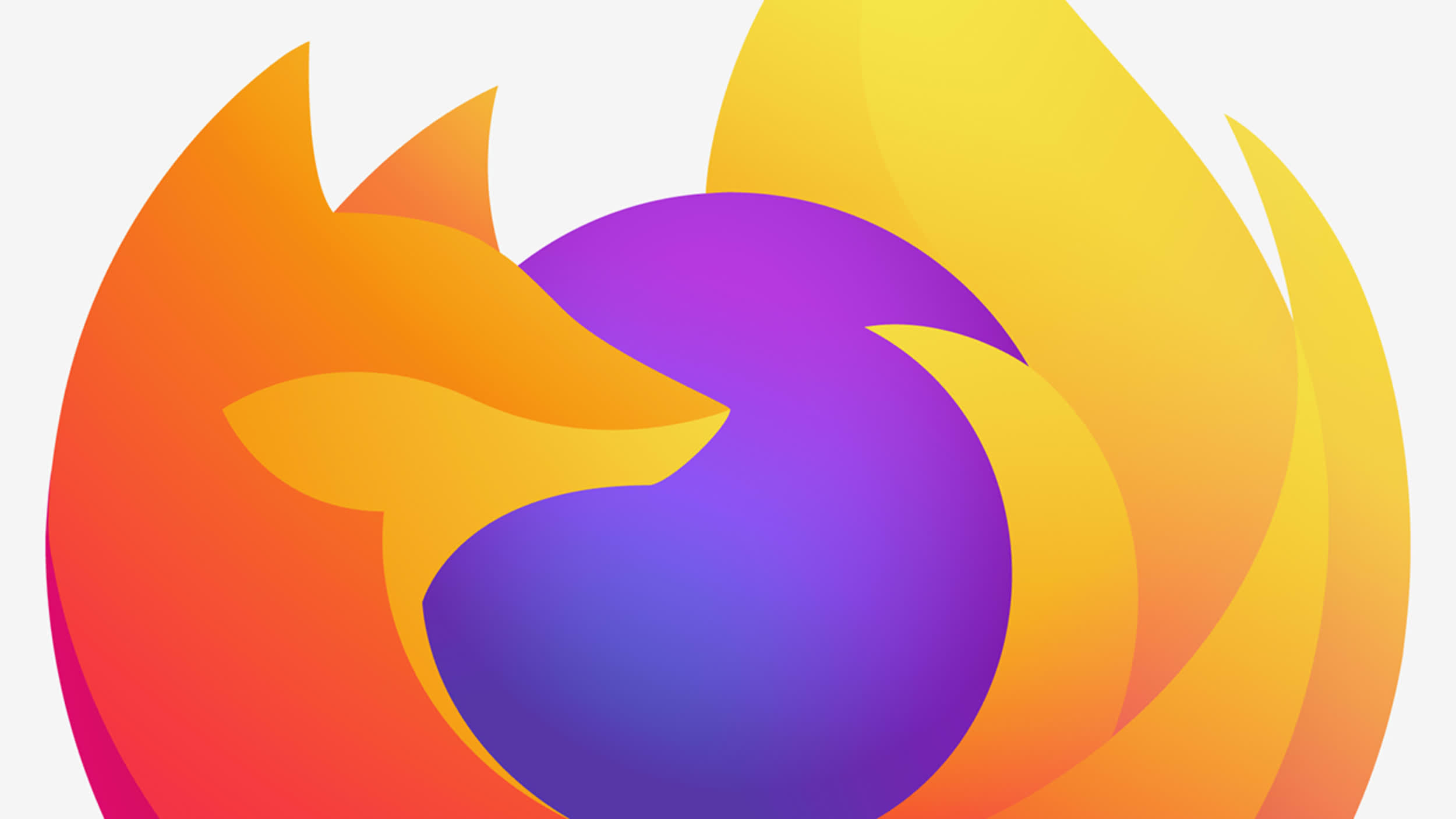Something to look forward to: Mozilla has announced some of the most significant changes and improvements that developers are bringing to the Firefox project. The self-declared "last independent browser" is finally adding features that users have been requesting for years, although HDR support is still not available.
Over the next year, Mozilla promises to finally listen to user feedback and add the most requested features to its Firefox browser. According to a recent post by a Mozilla community manager on the Mozilla Connect platform, the for-profit corporation (part of the non-profit Mozilla Foundation) will significantly improve the productivity, performance, and privacy of its browser.
Firefox will soon get native support for tab grouping, vertical tabs, and an improved sidebar to better handle tab organization. There will also be a new profile management system, providing users with an easier way to separate and manage school, work, and personal browsing data.
Upcoming Firefox versions will also bring new customization options for new tab wallpapers, allowing users to choose from photos, colors, and abstract images to enhance their tab-opening experience. Additionally, Mozilla is making privacy settings more intuitive, with streamlined menus designed to reduce visual clutter and prioritize top user actions.

The open-source corporation is also working to make Firefox faster and smoother, with quicker page loads and startup times. The browser is already 20 percent more responsive, as measured by the Speedometer 3 benchmark, Mozilla said. Privacy remains the top priority, with Firefox continuing to protect users' personal information through features like locally-managed translations and PDF editing.
Every process dealing with user data will seemingly occur locally, even when AI algorithms are involved. Mozilla is, of course, very interested in adopting AI, like every tech venture at this point, but the company aims to use it to "solve tangible problems" without requiring users to send their information to remote servers.
Mozilla has announced just one AI feature coming to Firefox next quarter: a new option to generate alternative text for images in PDF documents. This feature will provide a better browsing experience for visually impaired users and people with learning disabilities, the company said, and it will work completely offline with no remote processing involved.
Firefox users seem generally happy with the developments announced by Mozilla, especially the new productivity improvements related to tabs and profiles. However, the company still needs to address long-requested changes such as native support for HDR content, a better Firefox experience on mobile, and an effective diagnostic tool to detect resource-hogging extensions.
